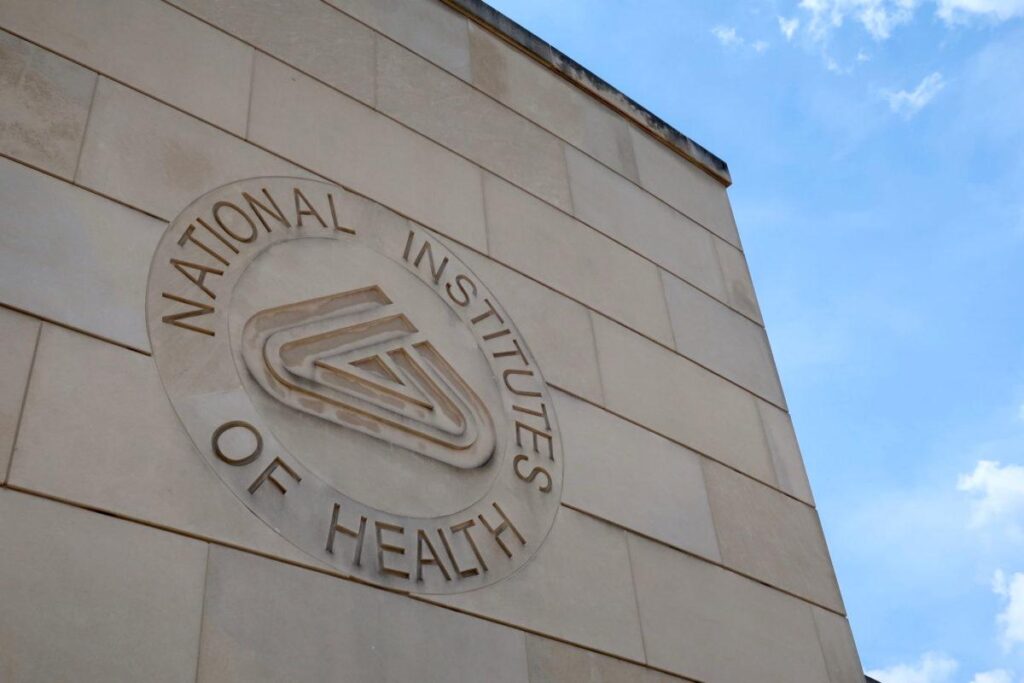NIH’s Funding Cuts: A Critical Moment for Women’s Health Research
In a notable development that has sparked concern among health advocates and researchers, the National Institutes of Health (NIH) has revealed plans to reduce funding for its pivotal Women’s Health Initiative (WHI). This initiative stands as the largest study ever conducted on women’s health issues. The decision is part of a larger strategy to reallocate resources within the agency, raising alarms about the future of gender-specific research at a time when understanding women’s health needs is crucial. As various organizations and researchers respond to this shift, the potential consequences are likely to resonate throughout the scientific community, possibly hindering advancements in addressing women’s unique health challenges. This article explores the implications of these funding cuts, traces the history of this significant study, and examines broader trends in women’s medical research.
NIH Revisits Priorities in Women’s Health Research Amid Funding Cuts
The NIH is under increasing scrutiny following its announcement to cut back on financial support for its flagship Women’s Health Initiative (WHI), which has been instrumental in uncovering critical information about chronic diseases affecting women. Critics warn that diminishing support for such an essential study could threaten decades of progress made in understanding conditions like heart disease, diabetes, and menopause-related issues that disproportionately affect women. Decisions made today may create significant gaps in knowledge that could influence healthcare policies and strategies for years ahead.
In light of these changes, NIH officials have reiterated their commitment to addressing contemporary health challenges through new focus areas aimed at enhancing women’s health research:
- Pain Management: Investigating how pain manifests differently in women and developing tailored treatment approaches.
- Mental Wellness: Exploring connections between reproductive health and mental well-being.
- Heart Health: Concentrating on prevention strategies specifically designed for female patients.
This strategic pivot raises important questions regarding resource distribution and its potential impact on future studies related to women’s health. With growing evidence highlighting disparities based on gender within healthcare outcomes, NIH’s revised priorities may significantly shape upcoming research directions and funding distributions.
| Research Focus Area | Implications for Study |
|---|---|
| Pain Management | Diving into gender-specific responses to pain treatments. |
| Mental Wellness | Evaluating how hormonal changes influence mental well-being outcomes. |
Effects of Funding Reductions on Women’s Health Knowledge and Future Research Pathways
The recent decision by NIH to significantly decrease funding levels for its major women’s health study represents a pivotal moment with far-reaching consequences. Observers express concern that such drastic cuts could hinder progress toward comprehending critical issues impacting women’s lives. The ramifications are substantial; reduced investment might lead to less comprehensive data concerning conditions like heart disease or breast cancer—areas historically underrepresented in clinical trials focused primarily on male subjects. Both governmental bodies and private organizations may need reevaluate their funding priorities if they wish not only to maintain but also enhance focus on women’s specific healthcare needs moving forward.
The uncertainty surrounding this initiative compels researchers into adapting their methodologies while striving not just to maintain but also advance insights into women’s healthcare concerns. Experts suggest several strategies moving forward:
- Cross-Sector Collaborations: Forming alliances with non-profits or private entities can help maximize available resources.
- Tapping Into Technology: Leveraging digital tools alongside big data analytics can reveal trends often overlooked by traditional methods.
- Aggressive Advocacy Efforts: Campaigning for dedicated public funds specifically earmarked for advancing women’s healthcare research initiatives.
| Main Focus Areas | Your Methodology Approach Here | Your Expected Outcomes Here |
|---|
Urgent Call For Increased Investment In Gender-Specific Healthcare Studies
The recent scaling back by NIH regarding its landmark Women’s Health Initiative raises serious concerns about ongoing neglect towards gender-focused medical inquiries within scientific circles. Many professionals argue that insufficient financial backing directed towards studies centered around female-specific ailments risks perpetuating existing disparities while stalling vital advancements across various fields related directly or indirectly linked with female patient care practices.
Fostering an environment conducive towards prioritizing investigations into unique aspects surrounding females’ overall wellness necessitates strategic shifts concerning both budget allocations as well as focal points during planning stages ahead:
Conclusion: The Need For Continued Investment In Women’s Healthcare Research Is Clear!
The National Institutes Of Health’s choice—to drastically cut down financing allocated towards supporting initiatives aimed exclusively at improving our understanding surrounding females’ distinct medical requirements—poses pressing inquiries regarding what lies ahead concerning efforts targeting these crucial topics going forward! As advocates raise alarms over possible repercussions stemming from such decisions taken recently; it becomes increasingly evident why comprehending all facets associated with womanhood should never be viewed merely as supplementary components within broader biomedical frameworks—but rather integral parts deserving equal attention alongside other areas explored thoroughly too! Monitoring impacts resulting from current developments will prove essential if we hope ultimately achieve better outcomes relating directly back again onto improving overall quality life experienced amongst countless individuals everywhere!
